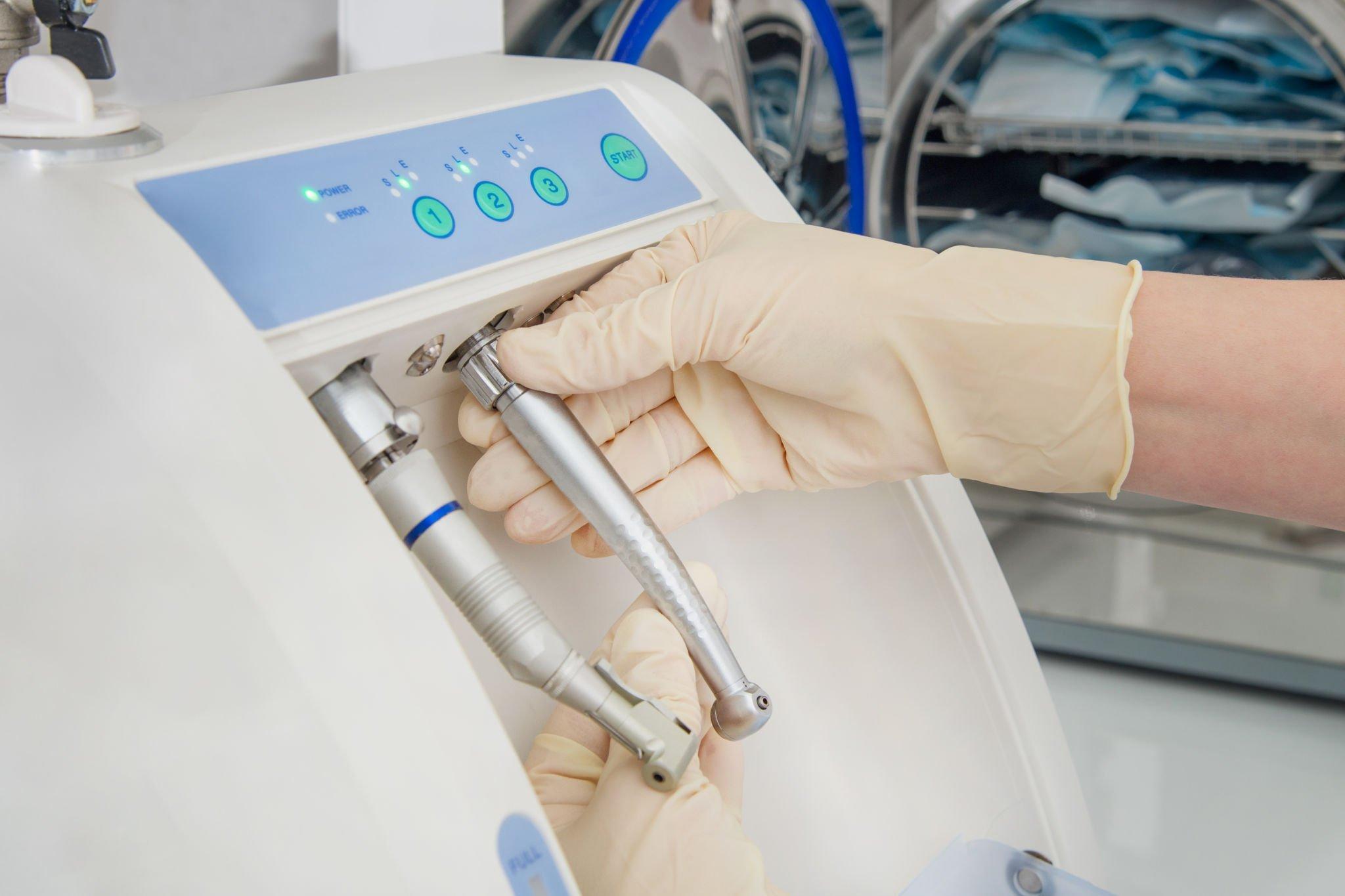The question is really one of being prepared for the worst. You need pet health insurance and hope that you will never have to use it. To have pet health insurance and not need it is so much better than needing it and not having it.
Molly Bee was a very cute, lovable and absolutely wonderful West Highland Terrier. Coming into my life when she was 12 weeks old, I assumed the best for her since I was getting her from a reputable AKC breeder. I had no way of knowing what was in store for her. I was not prepared for the thousands of dollars I would spend in vain trying to save her life.
Molly Bee developed a hereditary condition that shut down her liver. It was so devastating that our good veterinarian told me her test numbers were higher than any he had ever seen. I prayed (and paid) until I could pray and pay no more. Molly Bee had to be put to sleep when she was but 18 months old. I was devastated and out thousands of dollars. Remembering the pet health insurance flyer I had read while at her doctor’s office, I vowed to never go without pet health insurance ever again.
Following are six helpful tips on what you may need to know about this topic. Remember: To have pet health insurance and not need it is so much better than needing it and not having it.
Most people don’t consider the breed of their pet, its disposition, whether or not that breed lives an active or sedentary lifestyle and how neighborhood children or other animals, both wild and domestic, may interact with their pet. Small children can pose a real danger, and that Rottweiler that lives down the street or that Coyote from the open space park can create a $1,000 vet bill with one bite of your Jack Russell Terrier.
1. Be sure to read the brochure!
Just like health insurance for humans, there are all kinds of plans to fit your budget. Most pet health insurance plans offer 80% coverage (a 20% deductible or maybe a $100 initial treatment threshold), which might rise along with your monthly premiums. For about $12.95 USD a month, you can insure your pet for most accidents and the costs associated with treating them in case of an emergency. You are likely to be better off paying as you go, or out-of-pocket, for routine pet health care, vaccinations and the like.
2. When does the coverage begin?
Often there will be a waiting period, usually 14 – 30 days, before your pet health insurance coverage begins. Make sure that your vet has well documented the good health of your pet at their last visit so that it can be said that there were no pre-existing conditions (or have that condition waived or insured). A good time to purchase pet health insurance is right after that visit to the veterinarian.
3. Can I choose my own veterinarian?
Most plans let you choose your own pet healthcare provider especially in the event of an emergency. I suggest that you confer with your veterinarian as to what insurance programs he or she accepts for customary or usual and emergency pet health care.
4. 6 million dogs and 6 million cats are diagnosed with cancer every year. Will my insurance cover those costs too?
Be sure to read up on your pet health insurance plan to see just what is or is not covered. Often, your insurance policy will allow you to add certain coverage for additional premiums. Contact your carrier for further information.
5. Are there age requirements or restrictions for pet health insurance?
Yes, most plans do not cover the first eight to twelve weeks of your pet’s life. Some plans are limited to pets up to age 12 (varies with the age of your pet at the time the insurance is bought) and have other limits based on the breed of your pet. Great Danes for example, usually do not live past about 8 years of age. And, I have had cats that lived to 20 years of age! Most policies place age and/or breed restrictions on their coverage.
6. But I have more than one pet! Can I save by insuring them all?
Yes, most plans offer a discount (often 10% per pet) when you insure your whole “family”.
In closing, you need to carefully consider all options for health insurance for your pets. Having no insurance at all is just plain irresponsible. If your pet needs emergency care and you cannot afford that care, contact your local humane society or ASPCA for their help.
Remember that pet health insurance need not be expensive, is not limited to a single veterinarian, is not complicated to use, may provide coverage for general care or check-ups and may be applied for online!
In any event, we would be happy to answer your questions regarding this important decision. Send us an email or comment to this article and we will get back to you just as soon as possible.




